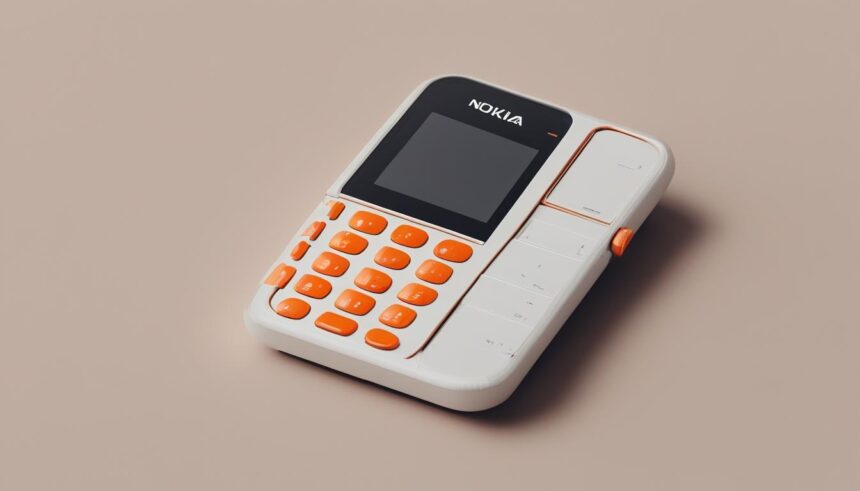The younger Generation Z population is embracing ‘dumbphones’ like retro Nokia models to counter social media addiction and online threats, with concerns over sextortion cases targeting minors on the rise. Sales data and expert opinion highlight the trend’s potential impact on mental well-being and social interactions.
Gen Z Embraces ‘Dumbphones’ Amid Social Media Concerns
Manufacturers are witnessing a revival of ‘dumbphones’ among the Generation Z population, driven by concerns over social media addiction and online threats such as sextortion. Mobile phones like retro Nokia models have resurged in popularity, particularly among younger users seeking a ‘digital detox.’ Many Gen Z users have been showcasing these simpler devices on platforms like TikTok using hashtags like #bringbackflipphones.
A recent National Crime Agency (NCA) report has revealed a significant increase in sextortion cases targeting minors, with cases rising from 243 in 2020 to 890 in 2022. These incidents often involve foreign criminal gangs tricking children into sharing intimate images, which are then used for blackmail.
As a response, some schools have already banned smartphones to reduce distractions and improve behavior. Furthermore, figures from the British communications regulator Ofcom indicate that 63% of children aged 8-11 are on social media, primarily accessed via smartphones. The trend of avoiding smartphones is reflected in sales data; Nokia’s retro phone sales doubled across Europe last year.
Numerous experts argue that moving to simpler phones can reduce stress and improve mental health. Heineken launched the “Boring Phone” at Milan Design Week, a device that only supports calls and texts, aimed at promoting face-to-face social interactions. HMD Global, the company behind Nokia’s retro phones, reports growing consumer interest in minimalist phones, citing their robust nature, longer battery life, and affordability.
Experts and users alike acknowledge some drawbacks of ‘dumbphones,’ such as lower camera quality and limited functionality for tasks like banking and navigation. However, the mental well-being benefits seem to outweigh these limitations for many users.





